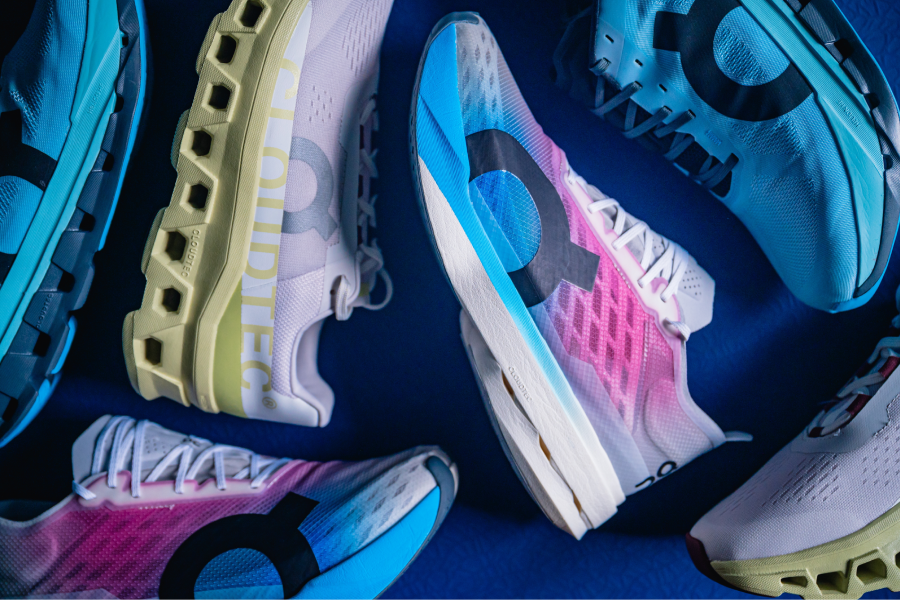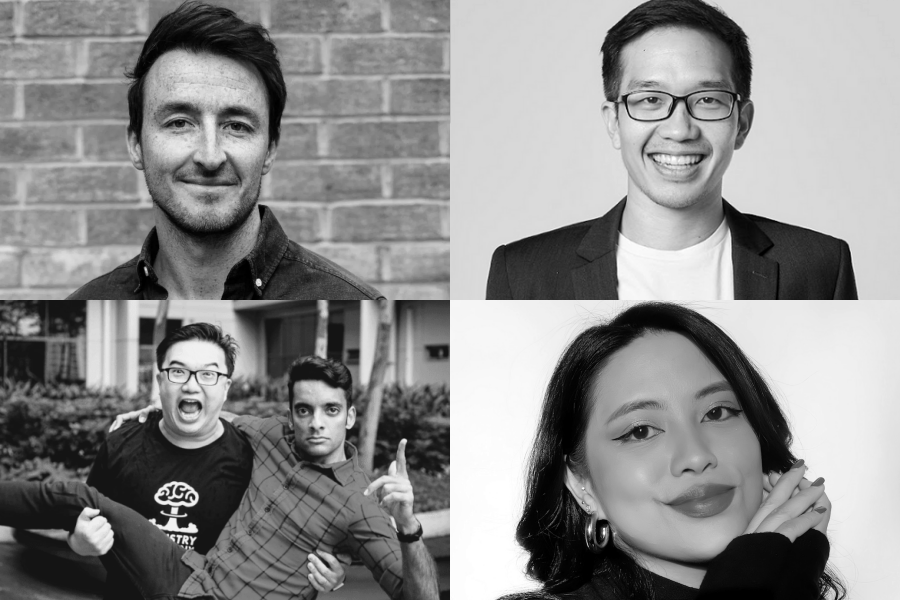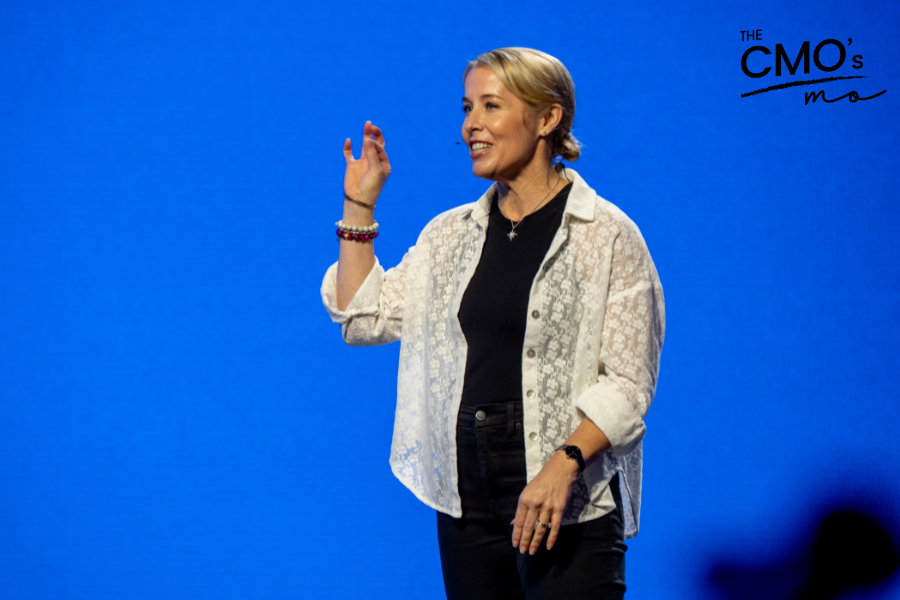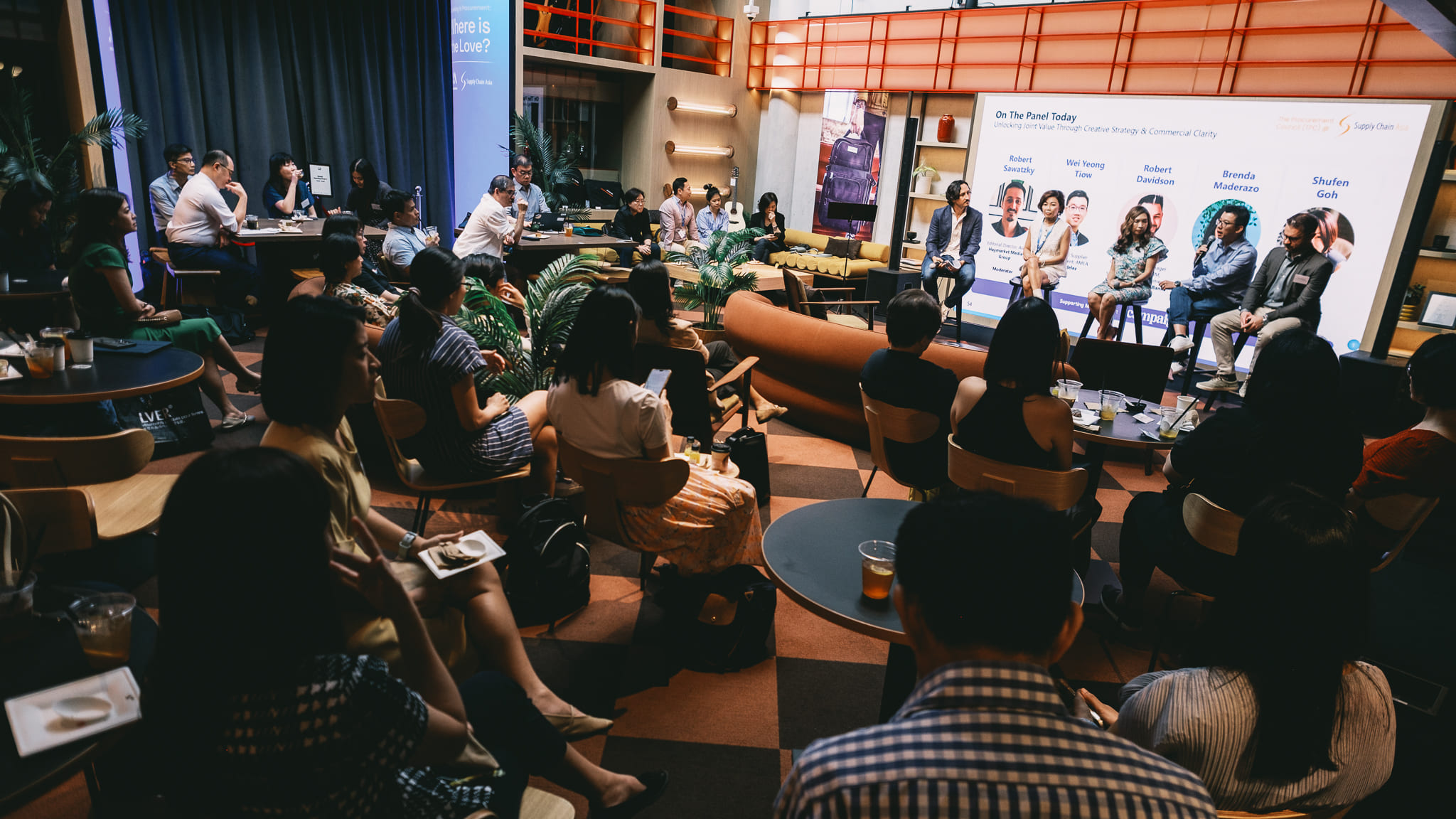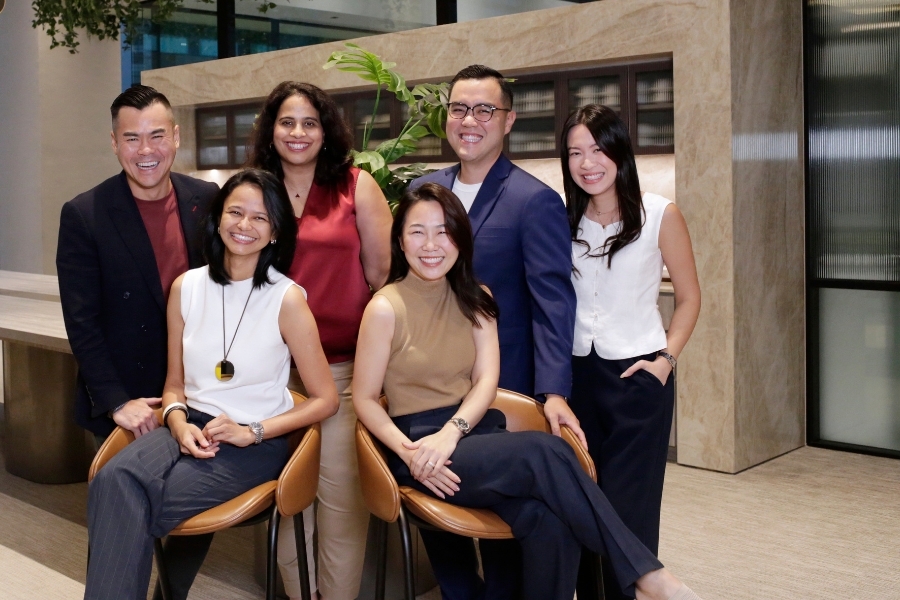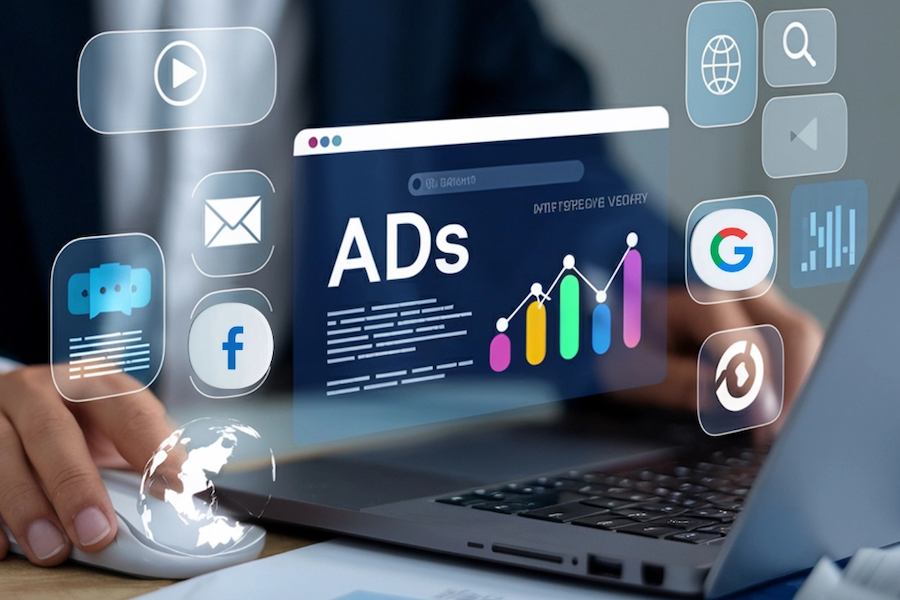As customer behaviour has changed during the pandemic from offline to online, retail brands face an interesting conundrum. Should they aim to convince consumers to return to their old habits when it becomes safe to do so, or should they instead adapt to new trends?
The discussion during our recent Campaign Connect event during a 'Consumer barometer' panel that included leaders from a brand, media-owner, agency-network and research-firm.
If more people are consuming coffee at home, do we use a campaign to encourage people to go out more? "If brands are suffering from customers' changing behaviour and not do anything about it, they are only accentuate their problem," said Vishnu Mohan, Chairman & CEO of India & SEA, North Asia of Havas Group.
Mohan mentioned that brands need to generate demand by actively working on advertisements. It was noted that it is easy for an adaptation to become a long-term habit, which later will have a deep impact on how customers behave in the next five to ten years. The advertising industry therefore needs to share some of the responsibility to stimulate consumption and keep everything running, Mohan said.
Karen Ngui, managing director and head of group strategic marketing and communications with DBS Bank, certainly agreed with the notion of stepping up to keep the economy running, but suggested it should be not be done through asking customers to change. Rather, Ngui suggested brands need to immerse themselves in their customers new realities by developing online personalised content for consumers.
"We've been preparing for the digital transformation," said Karen Ngui, noting DBS Banks colloquial moniker as the 'Digital Bank of Singapore'. "We just didn't expect it to come this fast."
Shifting habits
Apart from the obvious online acceleration, other shifts in consumption habits were noted too. Garick Kea, executive director of consumer insights at Nielsen shared research on how more people are spending money on indoor activities, especially in Asia where the pandemic first started. That includes spending on trusted information sources as people want to be updated on current trends and factual information, Kea said.
"Our audiences are experiencing a broad range of content," said Alistair McEwan, SVP of commercial development and Asia & ANZ in BBC Global News, noting that wide mix of content consumption has remained consistent during the crisis, including travel news.
Don't generalise
It was suggested that while global weekly flightshas been decreasing 50% on average since the outbreak of COVID-19, people who remain interested in travel are still out there, and may even be actively exploring travel options. Once again reflecting the importance of data, the panel addressed how some verticals may require more specialised messaging in these circumstances over mass marketing.
Personalisation of advertising is definitely important, said Vishnu Mohan, suggesting ecommerce sites are already leading with more targeted campaigns.
Pandemic exit scenarios
When talking about how fast can consumer behaviour resume to the pre-COVID situation, panelists differed in opinion. Nielsen laid out three different exit scenarios for brands: An early rebound; a delayed reboot; and a prolonged pandemic requiring reinvention. Kea noted that even as short-term rebounds may be occurring, full recoveries may be a difficult long-term process.
But Mohan was keen to not be overly pessimistic about exit scenarios, suggesting consumers have an innately strong abilty to adapt and re-adapt to their circumstances.
“The challenge is to see how quickly we can adapt,” Karen Ngui pointed out. “The more we help each other, the faster we recover.”


